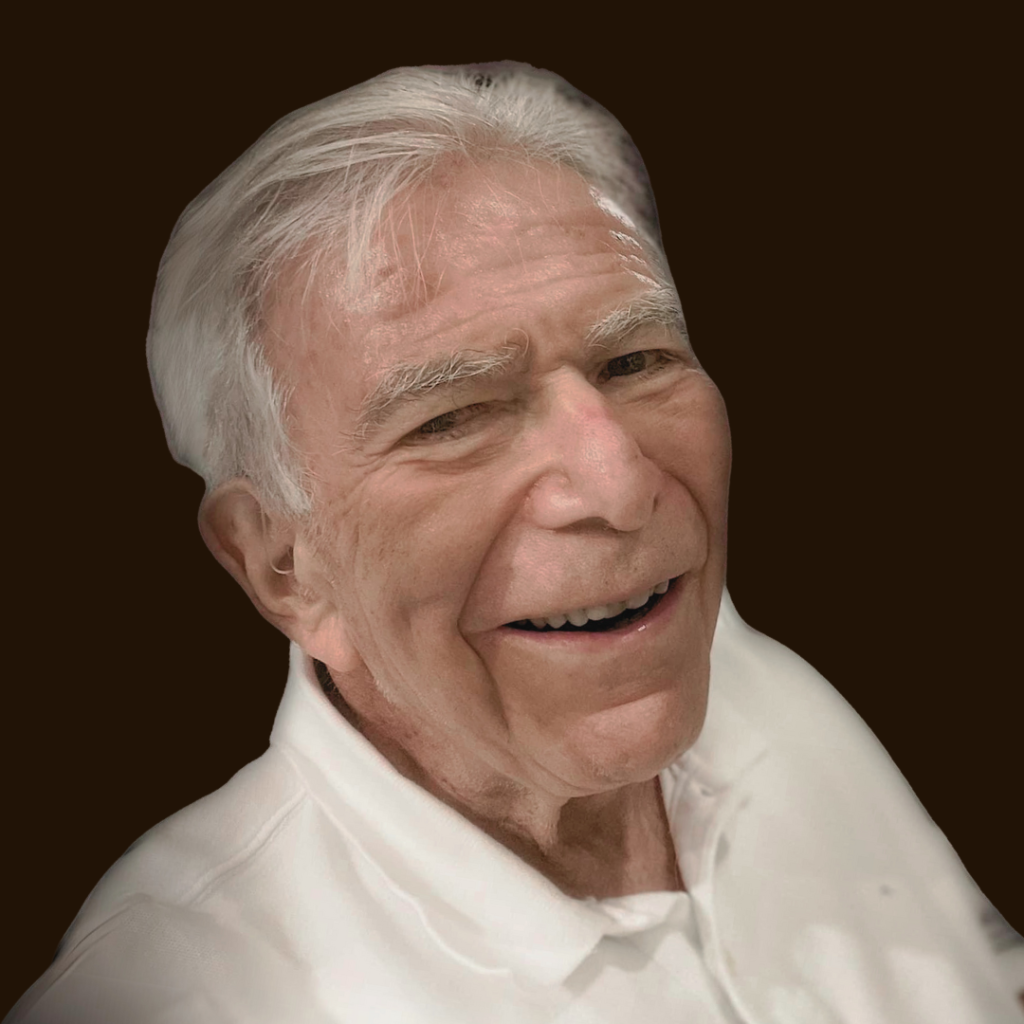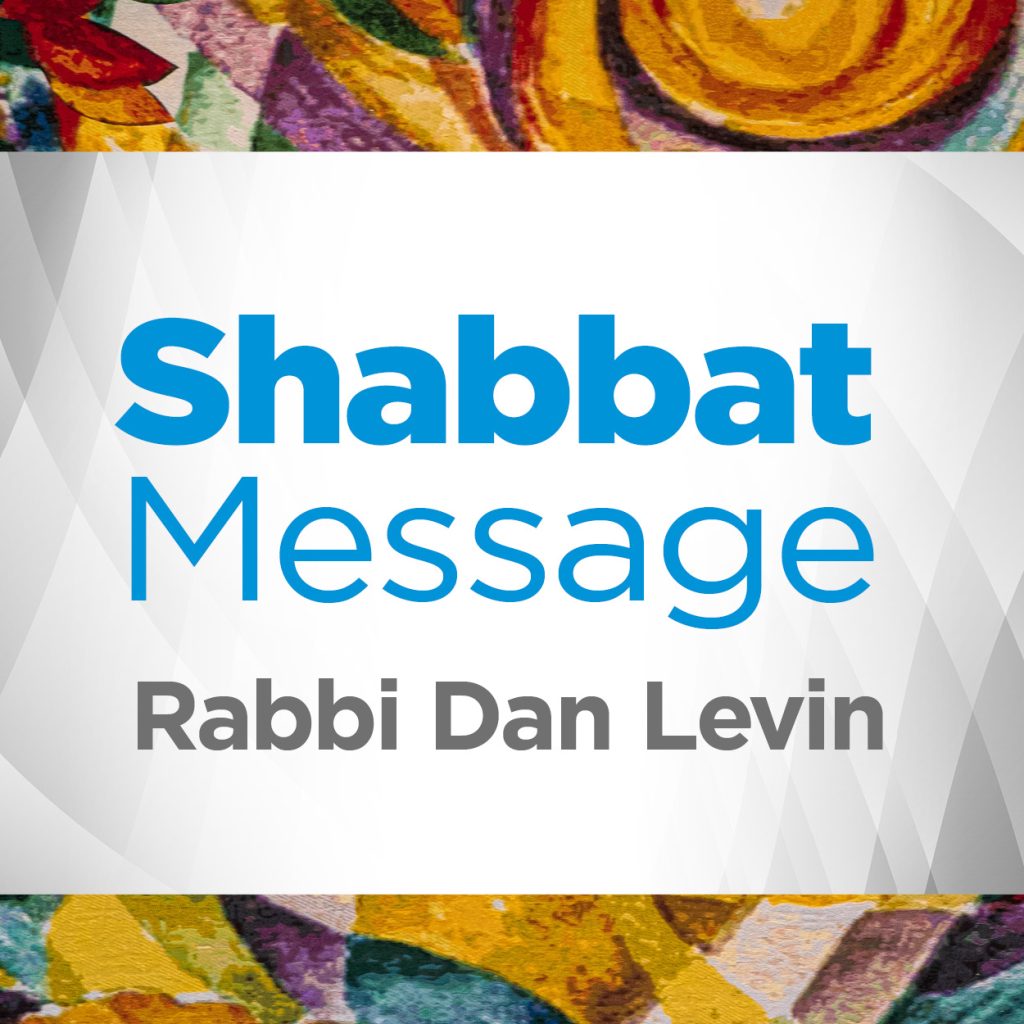Years ago, I was composing a piece on Yitro – this week’s Torah portion. It was an early morning, and my granddaughter Emily, a young girl at that time, entered my study and asked, “Papa, what are you doing?”
I told her I was composing a video commentary on Parashat Yitro, where God gives us the Ten Commandments. I shared with her that in this week’s Torah portion, God spoke to all of the Israelites together and taught them the Ten Commandments. When they heard all that God had to teach them, the Israelites responded: “We will do and we will hear.”
In other parts of the Torah, God speaks to Abraham or Moses, but in this week’s Torah portion, God speaks to everyone. In some sense, God makes each and every one of us a prophet.
Emily and I watched a clip from the old movie Oh God. There is a scene where God, played by George Burns, talks to John Denver while he is driving in his car. In the scene God asks for John Denver to spread God’s word and teaching. Flustered, he responds, “I’m just a man. I’m no Moses!” He was terrified by what it could mean to have to serve as God’s messenger.
In every generation, there are those who, like our people who stood at Sinai, hear God’s voice and seek to share it with their own. Emily and I talked about two American prophets – Martin Luther King, Jr. and Rabbi Abraham Joshua Heschel. Both of these remarkable modern prophets tried to spread God’s word for change, peace, and equality.
In 1968, America was embroiled overseas in an unjust war in Vietnam, and in a fight for racial equality at home. This was a time when my leadership, ethics, and values were tested as a Jewish American citizen.
Martin Luther King, Jr. and Rabbi Heschel, both from different backgrounds, embraced the moral obligation to transform society for the betterment of our country and world – believing if religion has meaning, it must speak to the human condition of all of us. Together, they realized that language is a means not simply to express yourself, but a vehicle to share God’s moral truths and the transcendent power of faith and hope.
Thinking back to that day with Emily, I remember how she talked about the lessons she had learned about Martin Luther King, Jr. and the impact his life had on hers, even as a young child. Then Emily said, “Papa, why did Martin Luther King end up being killed by a bad man for all the good he was doing?”
The fact is that speaking out as a prophet is difficult and often dangerous. But in order for us to triumph over our division and hatred, leaders must take risks for positive change. If a young child can hear God teaching us to fight for peace and kindness over hate and violence, then all of us at any age can too.
Just as the Israelites heard God teach them how the world is supposed to be, and just as Martin Luther King, Jr. and Rabbi Heschel spoke out for God’s moral truths, so must we; as today’s prophets speak up and speak out for what we know is right.
Rabbi Emeritus Merle E. Singer










